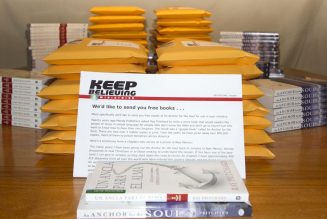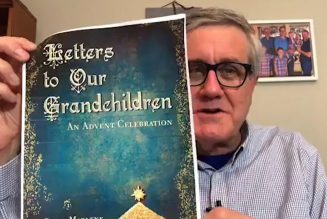Etty Hillesum was a Jewish woman who wrote about peace in one of the least peaceful moments of her own relatively short life. Imprisoned by the Nazis during World War II, she perished at Auschwitz on November 30, 1943. Though she could have gone into hiding, avoiding the fate of millions of Jews, she refused, choosing instead to “share her people’s fate.” A year earlier, in September of 1942, she wrote this diary entry:
Let me just note down one more thing for myself: Matthew 6:34: “Take therefore no thought for the morrow: for the morrow shall take thought for the things of itself. Sufficient unto the day is the evil thereof.—”
We have to fight them daily like fleas, those small worries about the morrow, for they sap our energies. We make mental provisions for the days to come, and everything turns out differently, quite differently. Sufficient unto the day. The things that have to be done must be done, and for the rest we must not allow ourselves to become infested with thousands of petty fears and worries, so many motions of no confidence in God … Ultimately, we have just one moral duty: to reclaim large areas of peace in ourselves, more and more peace, and to reflect it towards others. And the more peace there is in us, the more peace there will be in our troubled world.”1
That last line reminds me that we have a greater mission, that peace isn’t just about me. I want to help us reclaim large areas of peace in ourselves so that there will be more peace in our troubled world. In doing so, we, too, will have to fight the infestation of daily fears and worries, the continual “motions of no confidence in God,” replacing them with the peace that comes from resting in the character of God.
If yours is anything like mine, progress on that journey may be sometimes hard to measure. You may even feel as if you are taking one step forward and two steps back. Like life itself, our progress toward peace does not follow a linear path. But as you base your peace on the character and personhood of God—Father, Son, and Holy Spirit—you will find that in the end, even the least peaceful times in your life will have drawn you closer to the one who is himself our peace. The mystery of how exactly this can happen resides not so much in our own efforts but in God’s grace and in his unswerving desire to deliver on the promise he has made.
1. “We have to fight”: Etty Hillesum, The Letters and Diaries of Etty Hillesum 1941–1943 (Grand Rapids: Eerdmans, 2002), 535–36.










